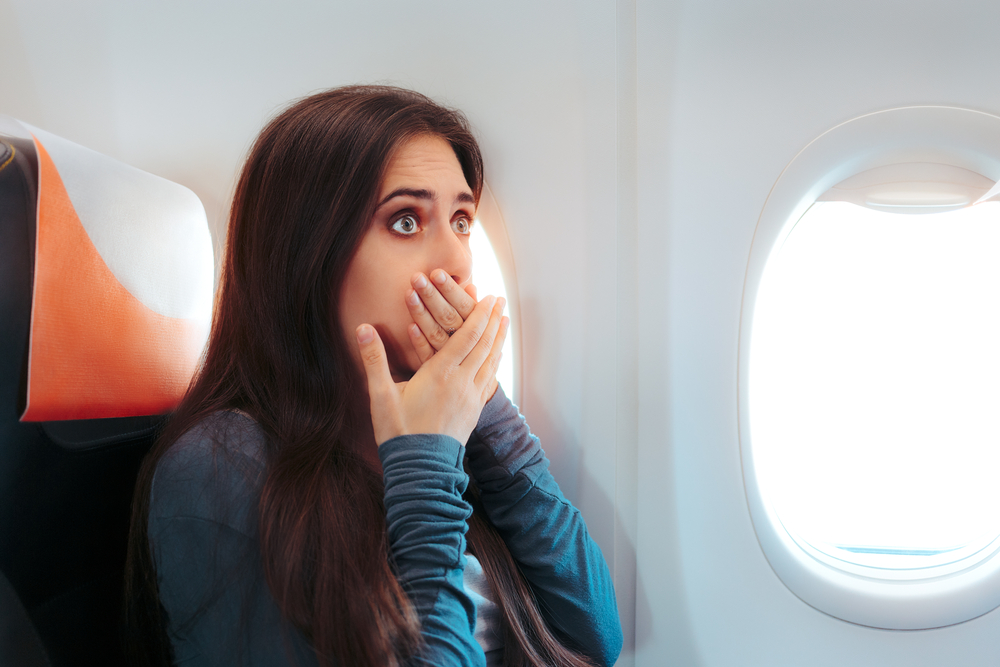DIAGNOSIS
Motion sickness doesn’t require expert diagnosis as it quickly settles after movement. It only occurs during traveling and specific activities that involve movement.
TREATMENT
Plan ahead when planning for travel and avoid sitting in the front and back seats of the vehicle.
If you are travelling by ship, ask for a lodge in the front or center of the ship close to the water level.
If travelling via plane, request a seat over the front edge of the wing. Once on board, guide the air vent to flow towards your face.
If travelling via train, take a front oriented seat close to the front and by a window.
If travelling via car, drive or sit in the front seat. Kids should be in age-suitable seats and restrictions.
In case you are prone to airsickness:
Look outside the window, and focus on the steady objects. Reading books and using electronic gadgets is prohibited while on board. Keep your head steady, while leaning against a seat back. Try not to smoke or sit close to smokers. Stay away from strong smells, hot and oily foods, and liquor.
Eat lightly. A few people find that snacking on plain salt and tasting cool water or a carbonated drink without caffeine can greatly help.
Few medicines exist in the market for treating motion sickness, and mostly they prevent only the symptoms. Also by taking them, they trigger you to sleep, so you are not permitted to operate machines and vehicles.
Before traveling you can take over-the-counter antihistamine that contains dimenhydrinate (it is safe for kids over.
Think about taking scopolamine, which is accessible in a medicine adhesive patch. Apply the patch behind your ear for 72-hour protection several hours before traveling. Consult with your medical doctor before using the patch if you have some medical issues, for example, glaucoma or urinary retention.
Try ginger. A ginger supplement along with ginger snaps, soda or sweetened ginger may help control nausea.


